Florida’s voters may have gone for President-elect Donald Trump, whose campaign promised to repeal and replace the Affordable Care Act, but many state residents still appear to be fond of the health law better known as Obamacare.
The Obama administration on Wednesday reported that during the four weeks since open enrollment began on Nov. 1 nearly 514,000 Floridians have signed up for 2017 coverage — representing more than one quarter of the total 2.1 million plan selections to date among the 39 states using the federally run insurance exchange at healthcare.gov.
Enrollment numbers include both new consumers and those renewing ACA plans, according to the Centers for Medicare and Medicaid Services, which administers the federally run insurance exchange.
High enrollment in ACA plans is not new for Florida, where more than 1.5 million residents signed up for Obamacare coverage in 2016 — the most of any state — and nearly nine in 10 were eligible for financial assistance from the government.
But enrollment counselors and the Obama administration have focused this year on recruiting new consumers, particularly young people and others who may be eligible for ACA coverage but remain uninsured.
Karen Egozi, president of the Epilepsy Foundation of Florida, which receives federal grants to train and employ ACA enrollment counselors called “navigators,” said the nonprofit agency has been trying to reach new consumers by collaborating with Native American tribes and consulates for Colombia, Guatemala, Mexico and Peru.
Through the first few weeks of open enrollment, the approach appears to be paying off.
“We’re encouraged to see increased Florida enrollments over last year, and we’re continuing to see an increase in calls and questions,” Egozi said in a written statement. “We’re reminding Floridians that open enrollment is the time to get your information, get enrollment assistance from a navigator and get covered.”
Karen Egozi, president, Epilepsy Foundation of Florida
The ACA, President Barack Obama’s signature domestic policy achievement, has been credited with reducing the uninsured rate by extending coverage to more than 20 million additional Americans — either through Medicaid expansion or subsidized insurance sold on the exchanges.
Still, Americans remain deeply divided in their opinion of the health law, according to a monthly poll by the Kaiser Family Foundation. And the ACA insurance exchanges, which are key to the law’s success, have been plagued with rising premiums, low enrollment among young consumers and financial losses for insurers, which led some to retreat from the marketplace.
Trump and Republicans seized on the ACA’s unpopularity and failures during the presidential campaign, promising to repeal and replace the health law if elected.
Until January, however, when Congress convenes and the president is inaugurated, it remains unknown how the ACA will change.
Trump has presented only a rough outline of healthcare reform proposals. The plan authored by House Speaker Paul Ryan, a Wisconsin Republican, offers a more detailed framework. But neither proposal provides enough details to estimate the impact to coverage, economic growth, or the budget, according to the Committee for a Responsible Federal Budget, an independent nonprofit group.
Open enrollment for ACA coverage runs through January, but consumers must sign up for a plan by Dec. 15 for coverage that begins on New Year’s Day.








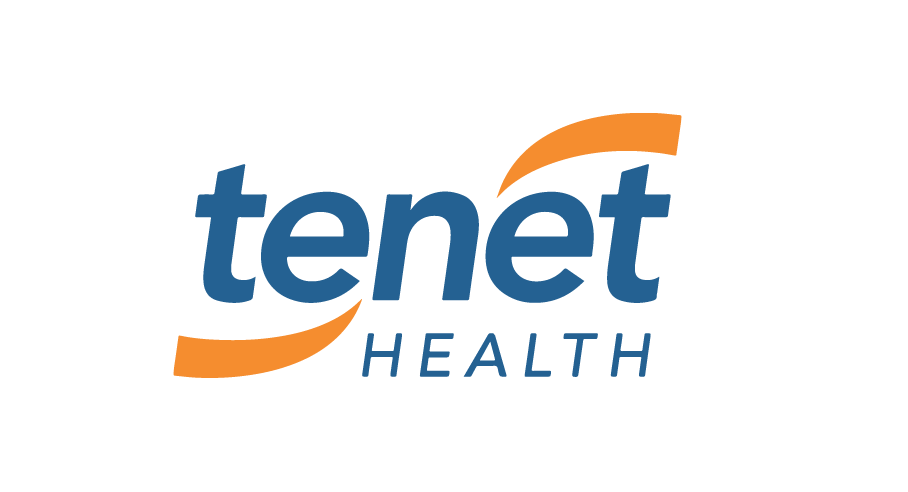
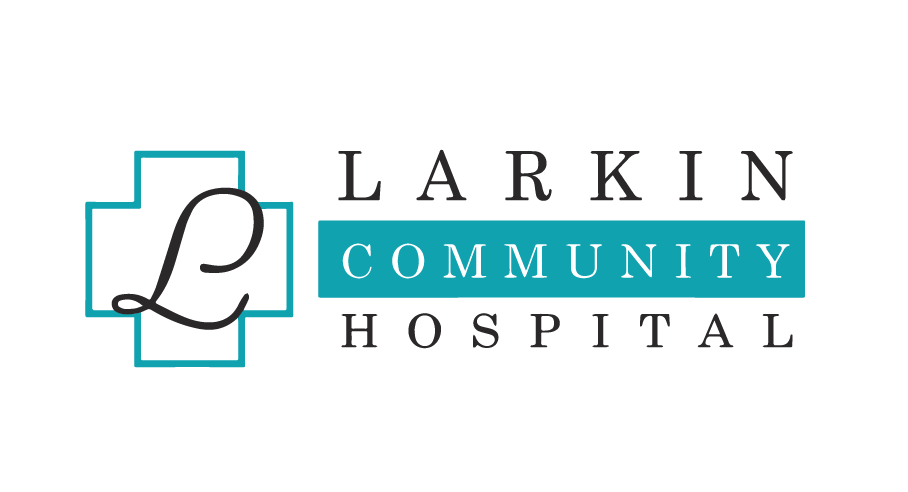

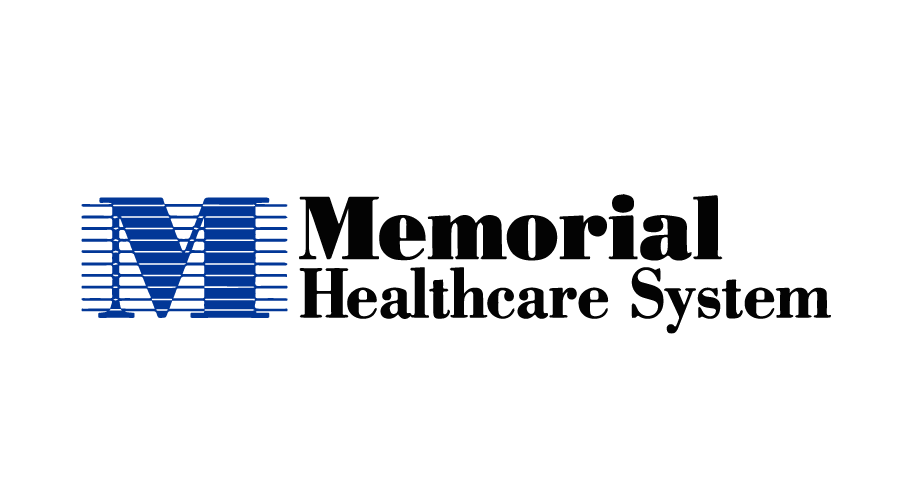




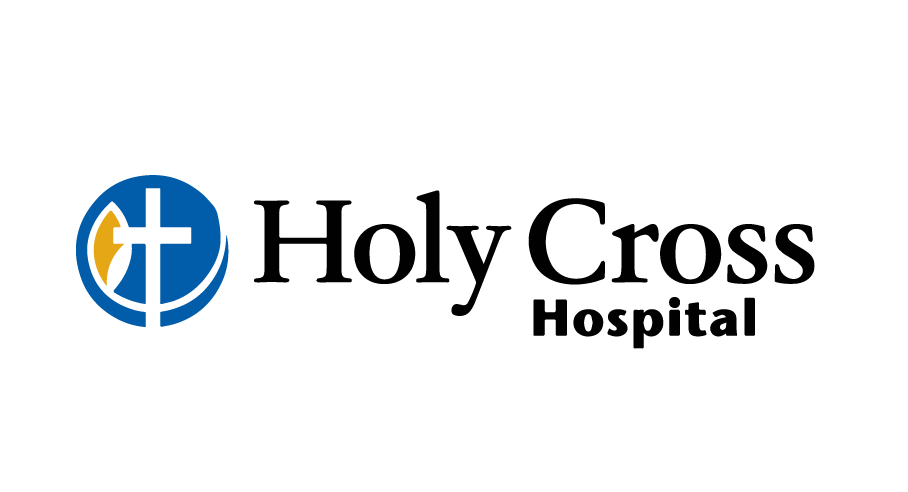


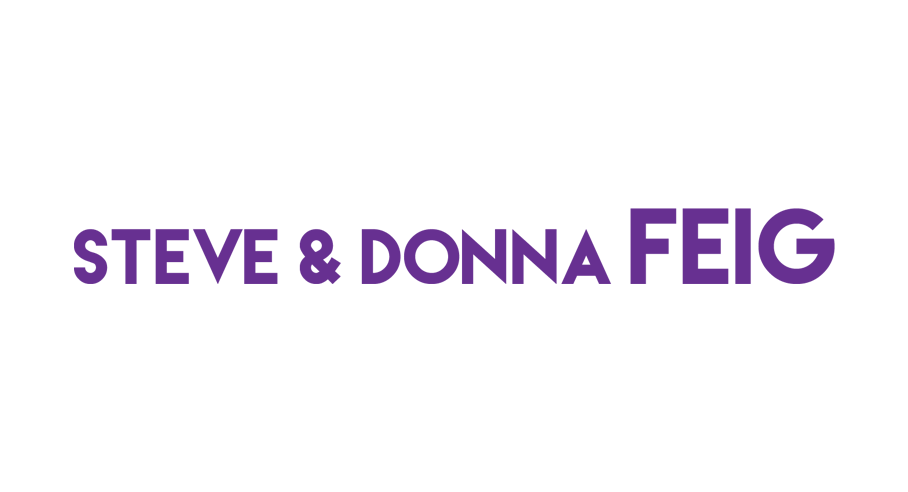

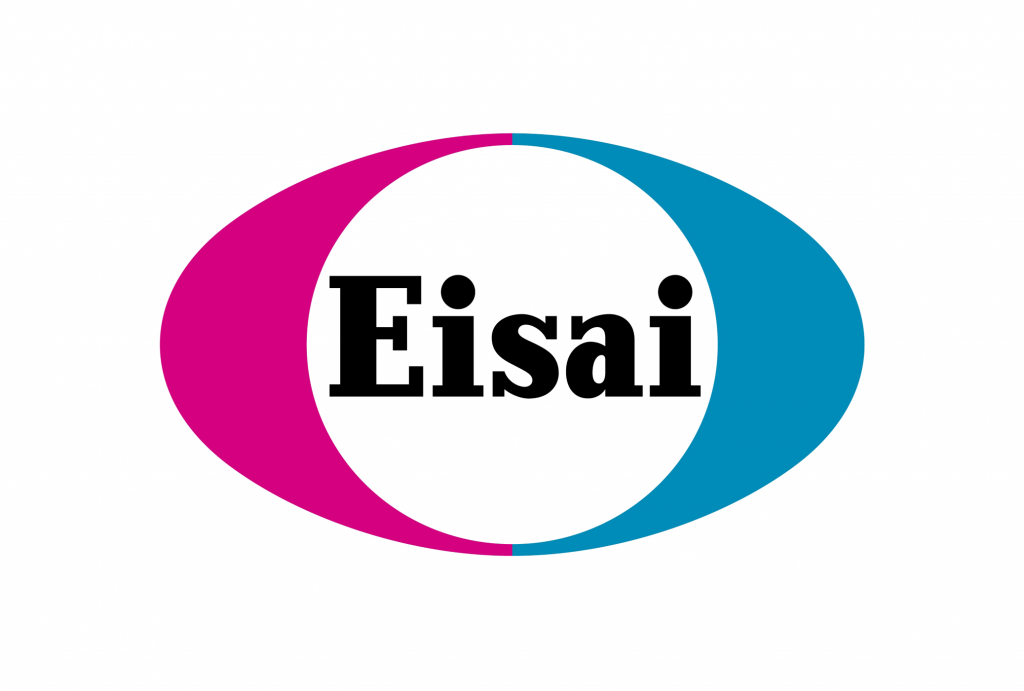

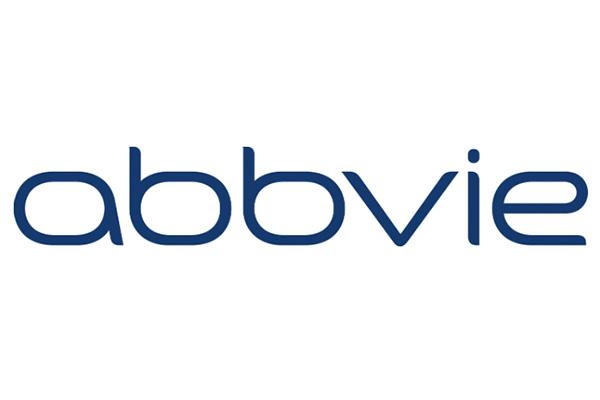
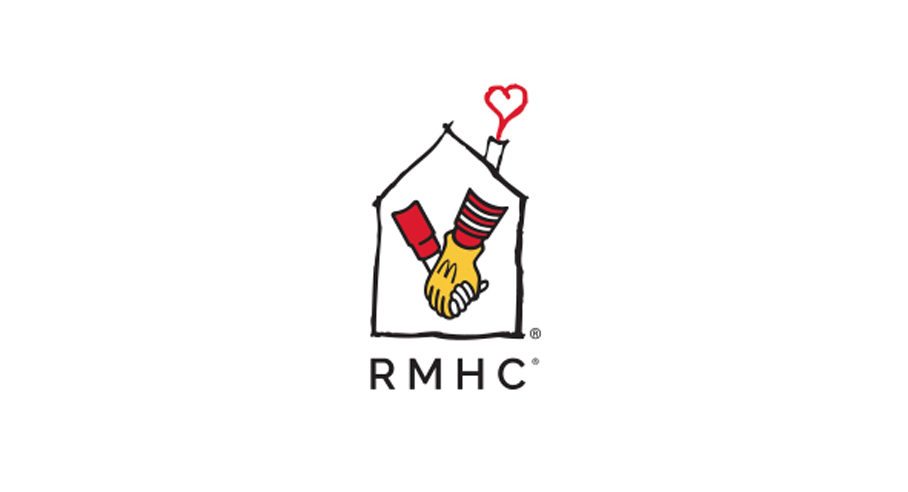
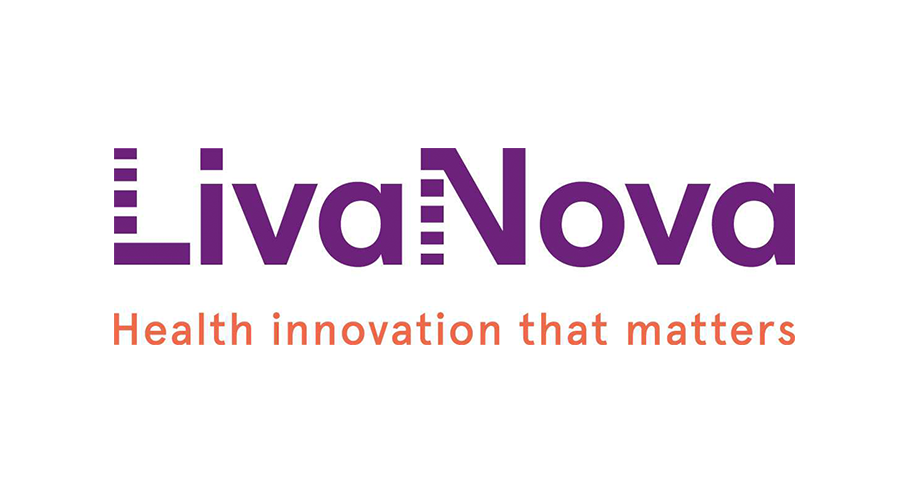

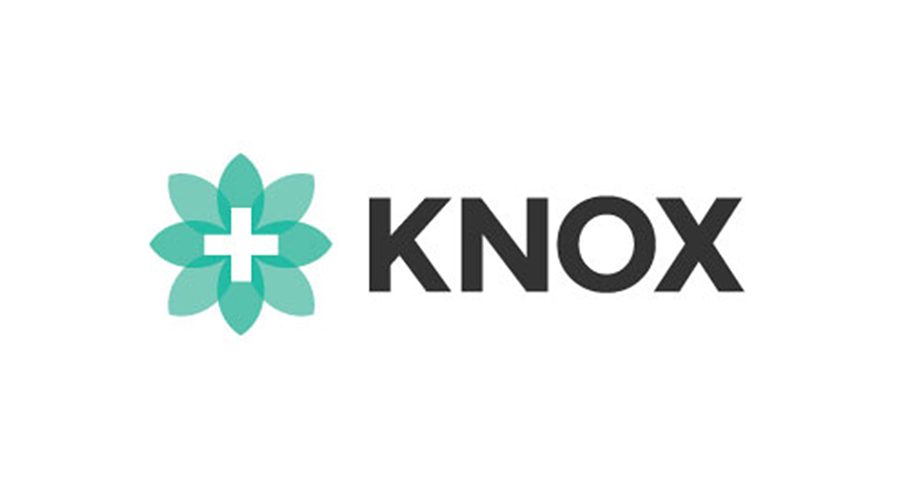

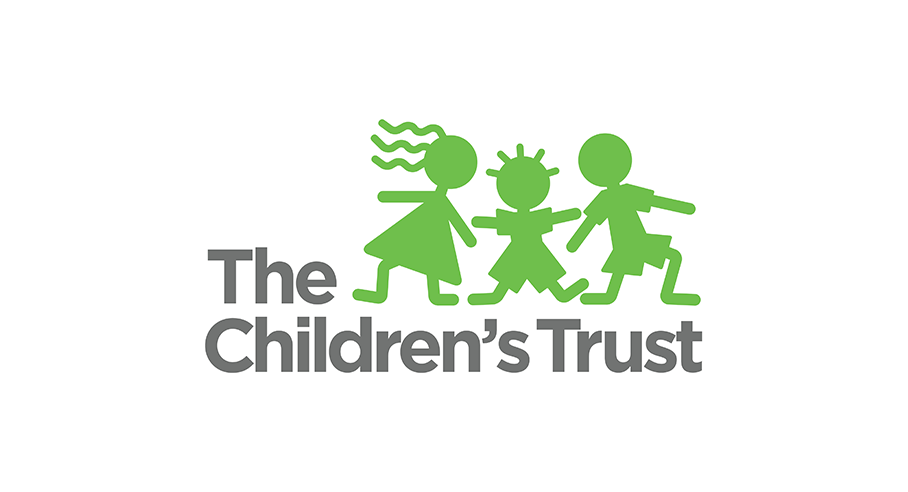

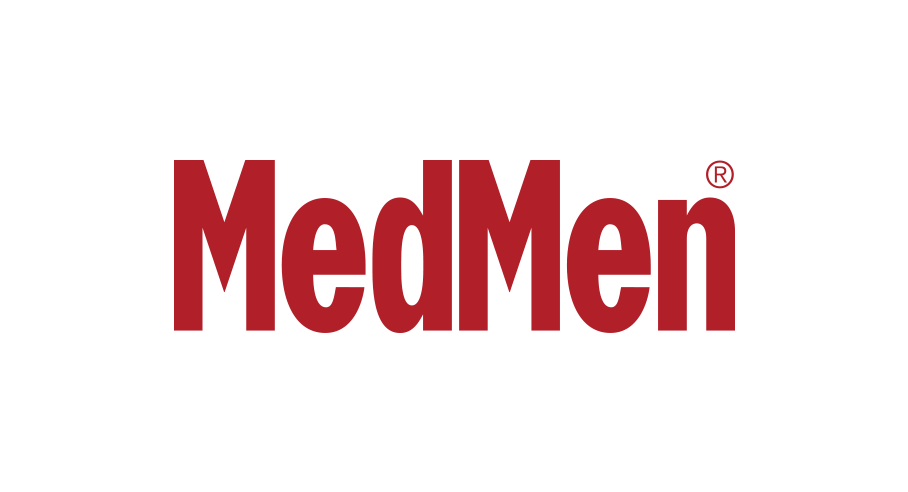
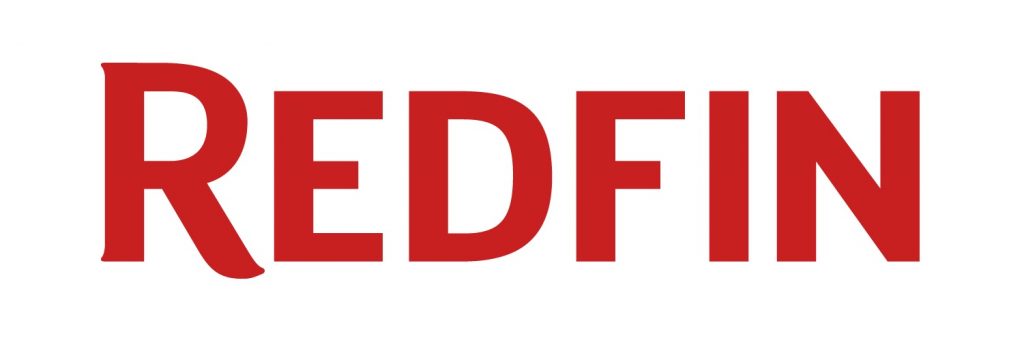


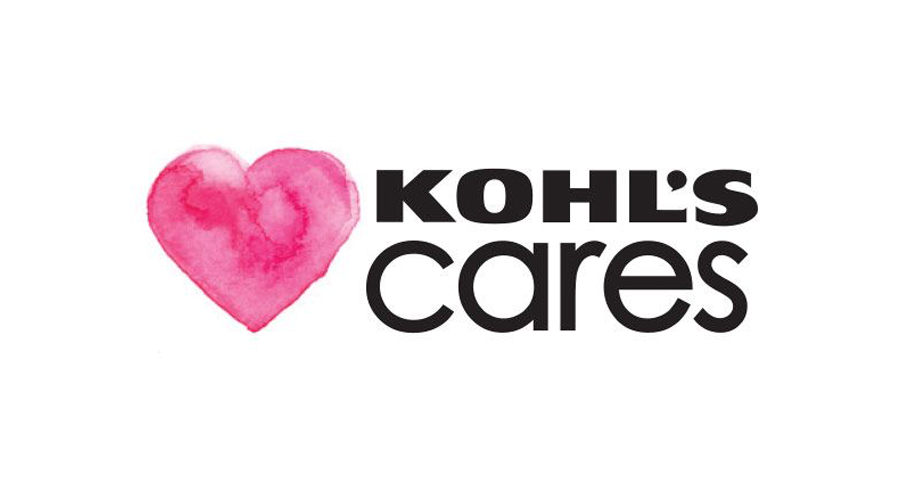
Post a comment